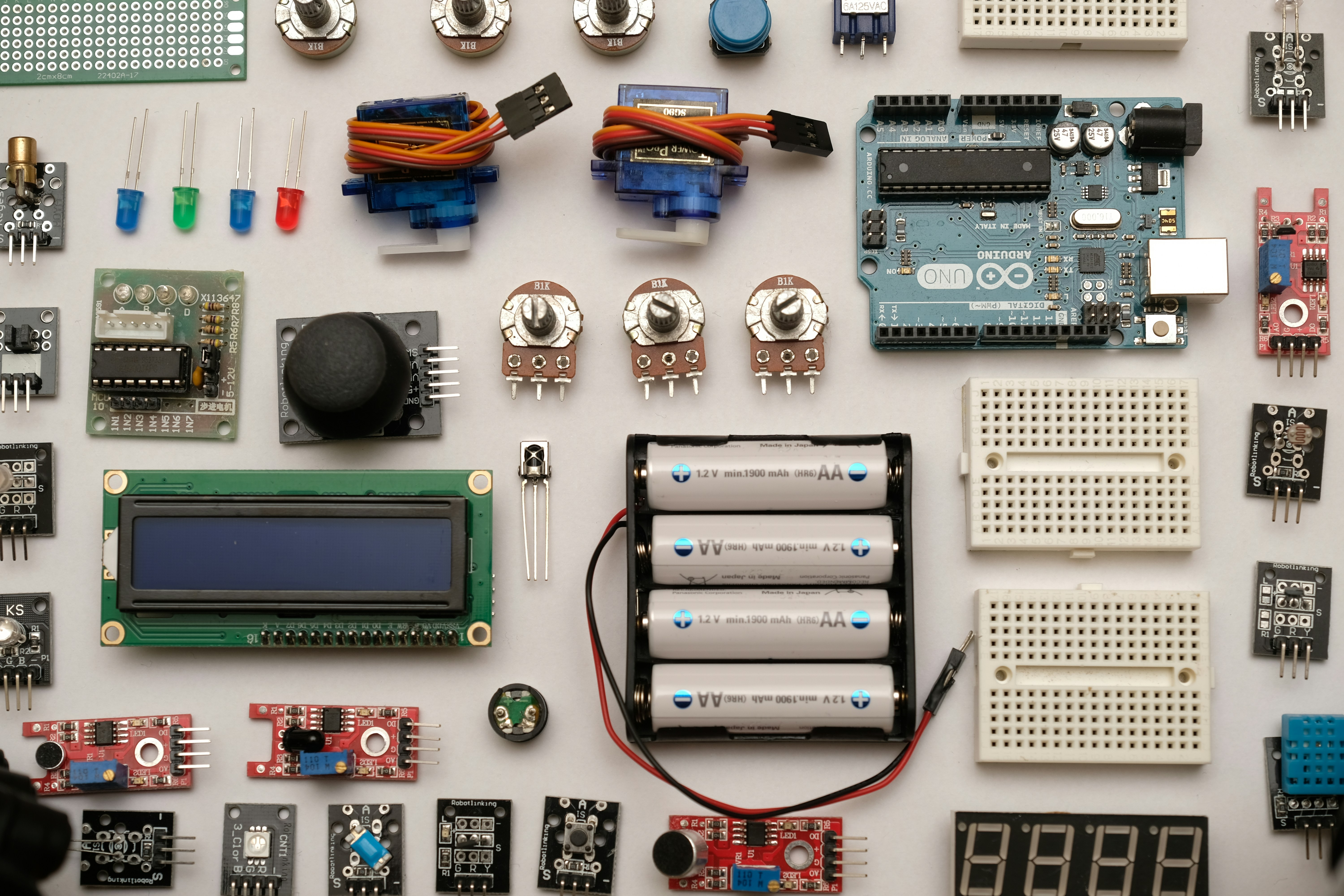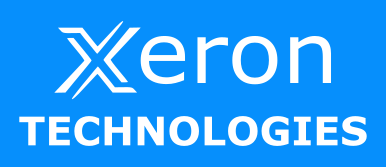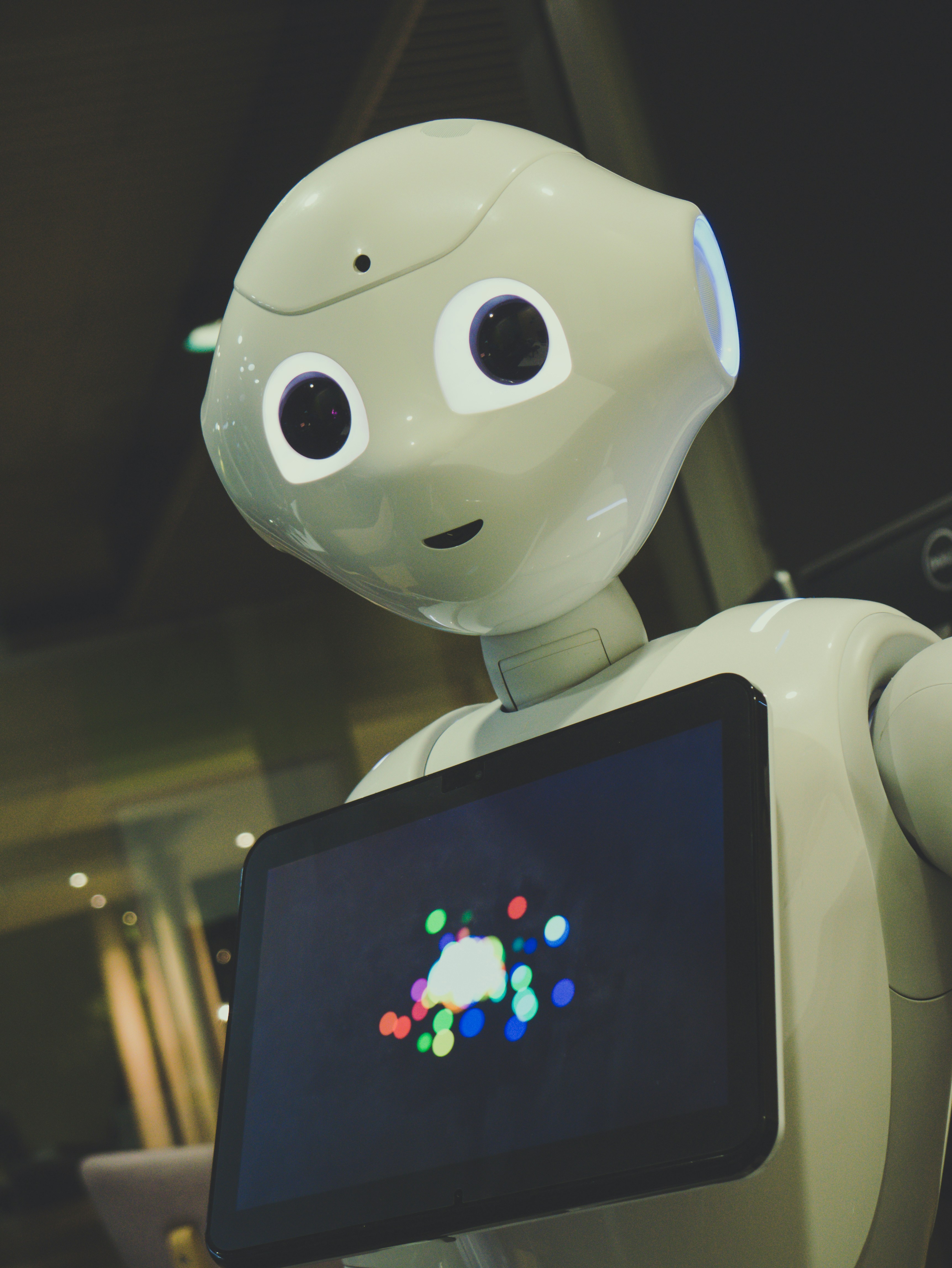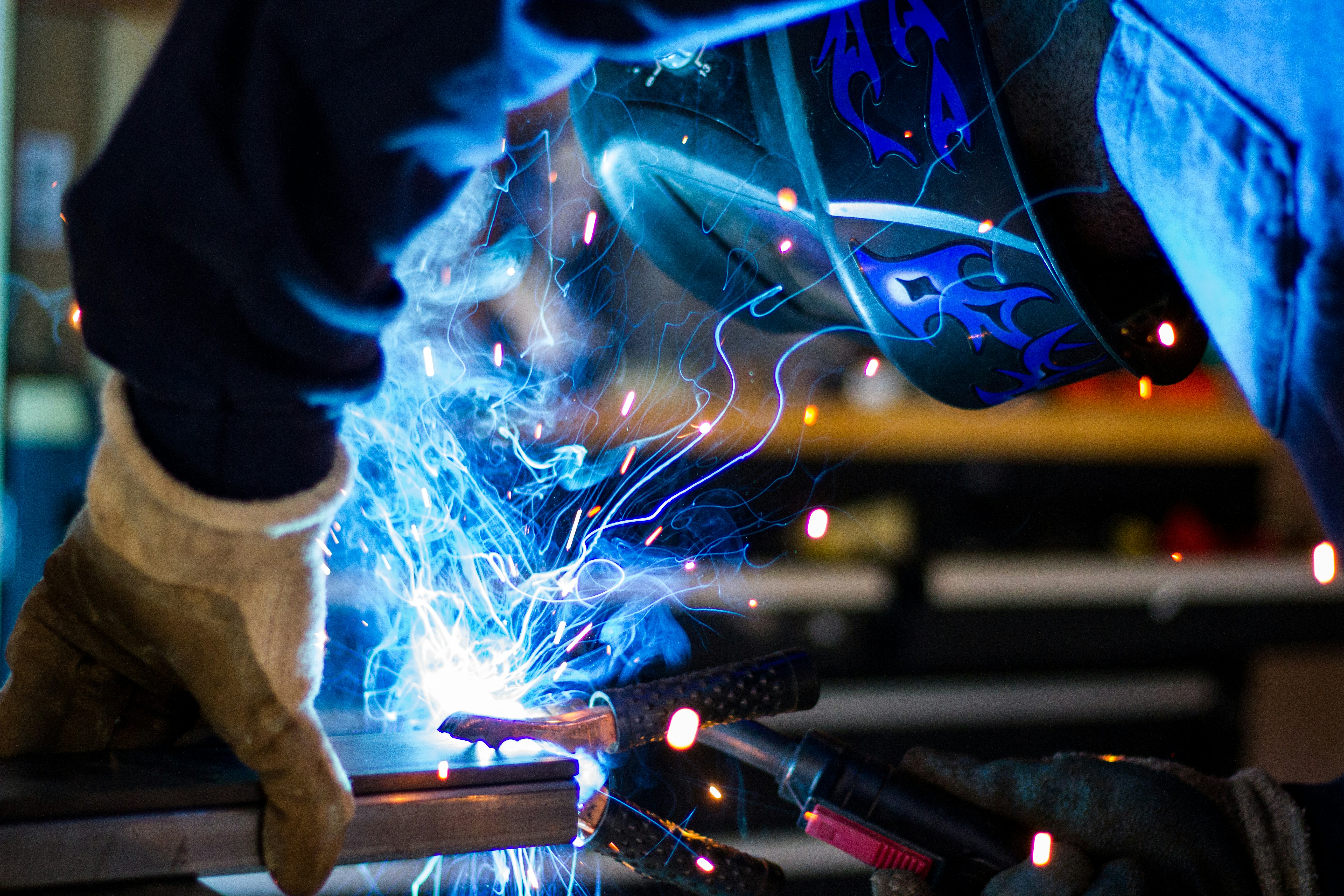The Rise of Industry 4.0, Internet of Things, and Artificial Intelligence
October 1, 2023 | by XeronTechnologies.com
 Photo by Robin Glauser on Unsplash
Photo by Robin Glauser on Unsplash The Evolution of Technology in the Industrial Sector
As the world becomes increasingly digitized, industries are undergoing a rapid transformation. The convergence of Industry 4.0, Internet of Things (IoT), and Artificial Intelligence (AI) is revolutionizing the way businesses operate and opening up a world of possibilities.
Industry 4.0, also known as the Fourth Industrial Revolution, refers to the integration of digital technologies into the manufacturing sector. It encompasses a range of technologies such as IoT, AI, big data analytics, and cloud computing. These advancements allow for greater automation, connectivity, and data-driven decision making.
The Internet of Things, on the other hand, is the network of physical devices, vehicles, appliances, and other objects embedded with sensors, software, and connectivity. These smart devices can collect and exchange data, enabling them to communicate and interact with each other without human intervention. This connectivity creates a vast ecosystem of interconnected devices, leading to improved efficiency, reduced costs, and enhanced productivity.
Artificial Intelligence is the simulation of human intelligence in machines that are programmed to think and learn like humans. AI technologies, such as machine learning and natural language processing, enable computers to analyze vast amounts of data, recognize patterns, and make intelligent decisions. This has significant implications for industries, as AI-powered systems can automate tasks, optimize processes, and provide valuable insights.
The Benefits of Embracing Industry 4.0, IoT, and AI
The adoption of Industry 4.0, IoT, and AI can bring numerous benefits to businesses across various sectors:
- Increased efficiency: Automation and connectivity enable streamlined operations, reduced downtime, and improved resource utilization.
- Improved productivity: AI-powered systems can handle complex tasks, freeing up human workers for higher-value activities.
- Enhanced decision making: Data analytics and AI algorithms provide valuable insights, enabling data-driven decision making and predictive maintenance.
- Cost savings: Automation and optimization lead to reduced costs, improved resource allocation, and enhanced supply chain management.
- Competitive advantage: Embracing these technologies can give businesses a competitive edge by enabling innovation, agility, and faster time-to-market.
Challenges and Considerations
While the benefits of Industry 4.0, IoT, and AI are undeniable, there are also challenges and considerations that organizations must address:
- Data security and privacy: With increased connectivity comes an elevated risk of cyber threats and data breaches. Robust security measures and privacy protocols are essential to protect sensitive information.
- Workforce transformation: The integration of these technologies requires reskilling and upskilling the workforce. Organizations need to invest in training programs to ensure employees can adapt to and leverage these advancements.
- Ethical implications: AI technologies raise ethical concerns regarding data usage, algorithm bias, and job displacement. Organizations must develop ethical frameworks and guidelines to address these issues.
- Legacy systems and infrastructure: Upgrading existing systems and infrastructure to support Industry 4.0, IoT, and AI can be complex and costly. Organizations need to carefully plan and execute their digital transformation strategies.
The Future of Industry 4.0, IoT, and AI
The convergence of Industry 4.0, IoT, and AI is only the beginning. As technology continues to advance, we can expect further integration and innovation in the industrial sector. Emerging technologies such as blockchain, augmented reality, and 3D printing are poised to further disrupt and transform traditional industries.
Organizations that embrace these technologies and adapt to the digital era will be well-positioned for success. The possibilities are endless, and those who seize the opportunities presented by Industry 4.0, IoT, and AI will thrive in the digital economy.
RELATED POSTS
View all


